Bridgeway Village
Program in Development
Empowering women and small families with safe housing, support, and a path toward lasting independence.
About this Program
Bridgeway Village is a transformational transitional housing community for women and small families who are ready to move forward into a brighter, more stable future.
This initiative is a partnership between:
- Homes of Hope (property owner & manager)
- First Baptist Spartanburg
Together, we provide more than housing—we create opportunity, structure, and a path toward lasting independence.
Get Involved
Service Providers & Volunteers support participants by offering:
- Job coaching & workforce readiness
- Financial literacy & savings support
- Child enrichment activities
- Wellness & mental health workshops
Funders & Donors support participants by expanding capacity and impact. Your investment:
- Builds safe housing
- Sustains wraparound services
- Restores dignity, stability, and hope
To learn more or explore partnership opportunities, contact Deandra Comer
How it Works
Single women and mothers are among the most at risk for housing instability in Spartanburg County. In fact, 81% of single mothers in our community live below the ALICE threshold —working hard but still struggling to afford basic needs like housing, childcare, and transportation.
Yet most existing transitional housing programs are limited to specific groups, such as individuals reentering from incarceration or recovering from substance use. That leaves a major gap for women and small families who don’t qualify—but still need support.
Bridgeway Village was created to fill that gap.

